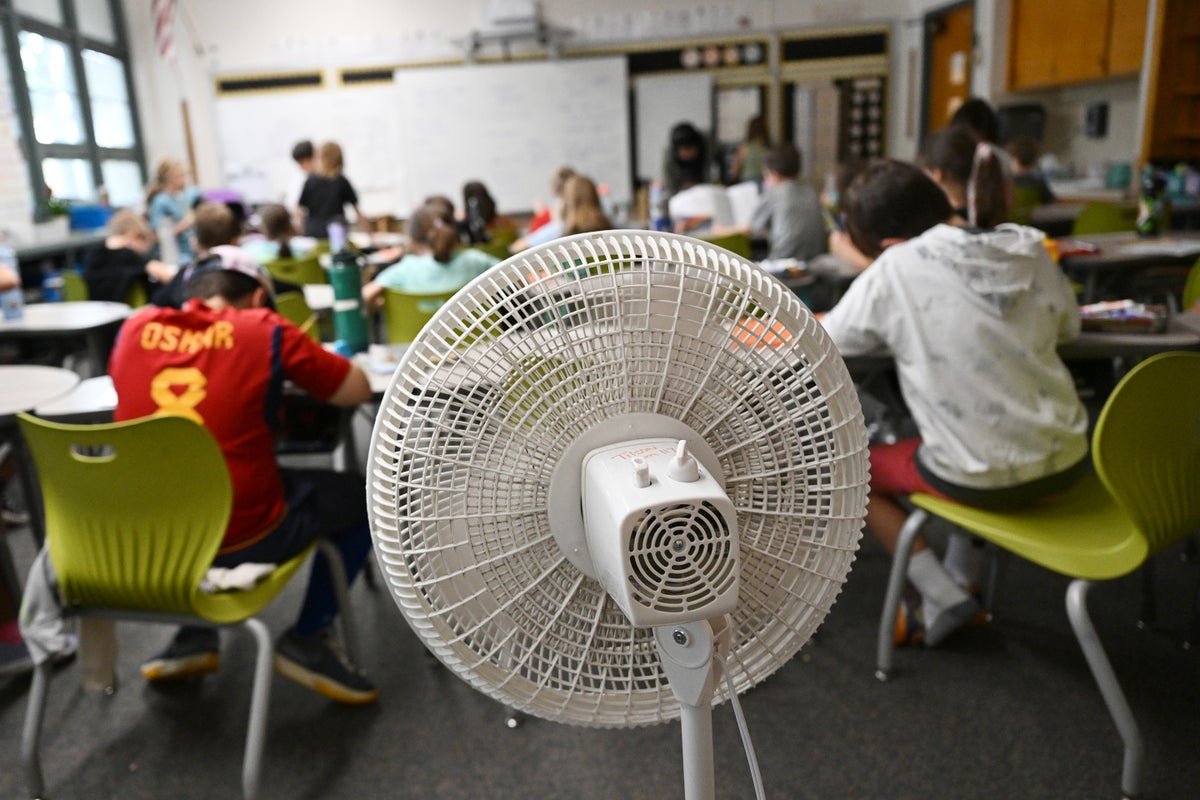A lot of things change when a baby joins a family—and not just for the parents. Newly minted grandparents often go through a transition of their own. Suddenly, couch-potato tendencies are replaced with a whole lot of crawling on the floor, laughter, and general silliness.
Is having a grandkid enough to make a difference to an older person’s physical and mental health?
Sure enough, medical experts back up this transformation. “Being an involved, active, supportive, storytelling grandparent has potential healthy aging benefits,” says Dr. Maria Carney, chief of geriatric and palliative medicine at Northwell Health and co-author of The Aging Revolution: The History of Geriatric Health Care and What Really Matters to Older Adults. Carney, who has cared for older adults for nearly 30 years, notes that medical literature supports this belief, but she also has dozens of anecdotal stories from her practice. “What I have seen as key elements are feeling purposeful, staying active, and having gratitude,” she says.
“Cross-culturally, people often say that becoming a grandparent can ‘keep you young,’ which is reflective of the joy, energy and renewed sense of purpose that grandchildren can bring into one’s life, especially in aging populations,” says Dr. Kanramon Watthanasuntorn, medical director at the Center for Better Aging at St. Bernard Hospital in Chicago. Since seniors often face depression as they become more isolated in older age, grandchildren can act as a buffer: “Many grandparents have described themselves as more active, playful, and engaged with the world” after gaining a grandchild, she says. The sense of connection and purpose that comes from these relationships may help slow down some aspects of aging and support overall better mental health and a higher quality of life.
Here’s how grandparenting can positively affect your health, how to get more out of this special relationship, and how to reap similar benefits if you don’t have a grandchild in your family.
Grandkids make you happy
“As a grandparent, you may report feeling better and happier,” says Dr. William Hung, professor of geriatrics and palliative medicine at Icahn School of Medicine at Mount Sinai. Research shows that grandparents tend to have better self-reported health, happiness, and less loneliness than their peers who don’t have grandkids. Hung isn’t surprised: some of his patients beam with pride when speaking about their close relationship with their grandchild. (Hung cautions that some of these health benefits and others may be attenuated in more stressful situations, such as in custodial grandparenting.)
On a biological level, Watthanasuntorn explains that the “emotional engagement of interacting with grandchildren is more likely to release feel-good hormones, such as oxytocin and endorphins, which help reduce stress and promote happiness.” Feeling needed is also a huge contributor to life satisfaction, she adds, so gaining a renewed sense of purpose can make you motivated to better maintain your health.
They make you move
Along with boosting your happiness, kids get you moving. “This could look like walking to the park, playing games, or simply moving around faster and more often,” says Watthanasuntorn. Research shows that involved grandparents are more physically active and less sedentary than adults of a similar age who don’t do that type of childcare. Getting more active “is associated with longer life and better health outcomes,” she adds.
Read More: 7 Ways to Soothe Your Nighttime Anxiety
This physical activity not only helps keep off excess weight and strengthen your bones and joints. It also contributes to improved mood, because one of the best treatments for depression is physical activity, Carney says.
They keep you sharp
“Interacting with one’s grandkids often involves learning new things, adapting to new technology, and engaging in imaginative play or problem-solving,” Watthanasuntorn says. Helping with homework, reading stories, playing games, and navigating devices all challenge the brain and sharpen cognitive functions.
Research confirms this. Grandparents, especially women, tend to have higher cognitive function when compared to those who do not engage with grandchildren.
Of course, it’s not the mere act of becoming a grandparent that safeguards your brain, but the active effort you put into “continuing to learn new activities, maintain schedules for yourself and others, playing games, and reading to others,” Carney says.
Grandparenting provides a social outlet
Another way that having a grandchild can boost your health during your golden years is by deepening family ties and expanding your social support network.
“The social-care system in the United States is a familial system, whoever you call your family, so this social-support network is vital for longevity and health at any age,” Carney says. It often leads to greater connection with community, too, she adds; doing new activities with a grandchild links you to new organizations, people, and neighbors, “which enriches one’s life.”
Read More: Should You Take a Vitamin B12 Supplement?
Forging these connections may also positively impact your brain health. “Socializing with your children and grandchildren also means fewer opportunities to become socially isolated, which could otherwise lead to neurological decline as the brain is less engaged over longer periods of time,” says Watthanasuntorn. Research shows that older adults who provided some care for grandchildren had a lower risk of death over 20 years compared to those who did not—suggesting that the emotional and social engagement involved in grandparenting can boost longevity, she says.
What if you don’t have grandchildren?
Older adults without grandkids can still reap some of the benefits. Many of the health perks associated with becoming a grandparent aren’t even kid-specific, but related instead to increased physical activity and social engagement.
One way to get involved in the community is to seek out local programs that encourage intergenerational bonding, which fosters social connection, reduces loneliness, and provides a sense of purpose. Volunteer as a mentor in an after-school club, for example, tutor kids in chess, or help out at the local library. You may even be able to volunteer at a hospital’s postpartum unit, where you can coo at newborns and share any child-rearing insights you have with new parents.
And don’t forget to look inside your own family. “If you have nieces or nephews or close family friends with grandchildren, offer to be a pseudo-grandparent and take on the responsibilities that come with the territory,” Watthanasuntorn suggests, like babysitting and participating in family events.
Research consistently finds that older adults who maintain active, meaningful relationships with younger generations experience less loneliness and better mental health, even if those relationships are not with biological grandchildren,” Watthanasuntorn says. “The key is regular, quality interaction and a sense of being valued and needed.”
A final note on love and legacy
Carney likes to remind her patients that grandparenting is an opportunity to model healthy behaviors for the next generation. Healthy eating, conversing, taking walks in nature, watching educational television, playing and teaching games, and reading books you enjoyed as a child can all benefit the child—and you.
“Share family memories, recipes, and activities [that are] important to you,” she says. “It is an opportunity to pass on family traditions.”




